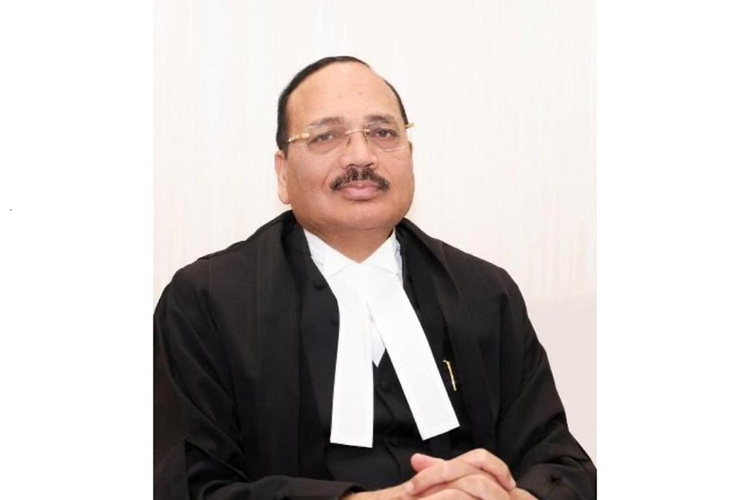New Delhi: Justice Surya Kant will be sworn in on Monday as the 53rd Chief Justice of India, stepping into the country’s top judicial role after the retirement of Justice B.R. Gavai later this evening.
His term will run until February 9, 2027, when he turns 65.
A native of Hisar in Haryana, Justice Kant’s journey from a modest background to the helm of the Supreme Court reflects a long career shaped by landmark rulings and constitutional scrutiny.
His tenure in the apex court has included significant decisions on the reading down of the sedition law, the abrogation of Article 370 in Jammu & Kashmir, electoral transparency in Bihar, and the Pegasus spyware controversy.
Before joining the Supreme Court, he served as Chief Justice of the Himachal Pradesh High Court from 2018, following a distinguished period on the Punjab and Haryana High Court bench where he authored several influential judgments.
He also holds the distinction of topping his Master’s programme in law at Kurukshetra University in 2011.
His time in the Supreme Court has seen him weigh in on matters involving federalism, free speech and citizenship.
He was part of the bench that paused the colonial-era sedition law pending a government review, and he played a key role in questioning the Election Commission over omissions in Bihar’s electoral rolls.
He has also pushed for stronger gender representation in legal institutions, directing bar associations to reserve a third of their seats for women.
Justice Kant has heard cases with major political and administrative implications, including the presidential reference on the powers of Governors in clearing state legislations and the probe into the 2022 security lapse during Prime Minister Narendra Modi’s visit to Punjab.
ALSO READ: Reduced Myanmar smuggling boosts areca nut prices in Mizoram
In the defence sphere, he upheld the One Rank One Pension scheme and continues to hear matters involving parity for women officers in the armed forces.
As part of a seven-judge bench, he also contributed to the historic ruling that overturned the 1967 decision affecting Aligarh Muslim University’s minority status, paving the way for reconsidering the institution’s rights.
His approach in the Pegasus hearings stood out for the clear assertion that national security concerns cannot override judicial oversight or citizens’ fundamental rights.
Justice Surya Kant assumes office at a crucial moment for the judiciary, with key constitutional questions awaiting resolution and growing public attention on access to justice, federal balance and institutional accountability.















